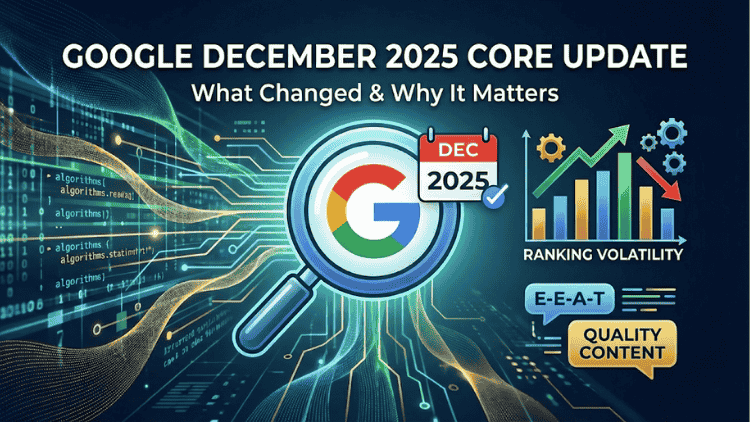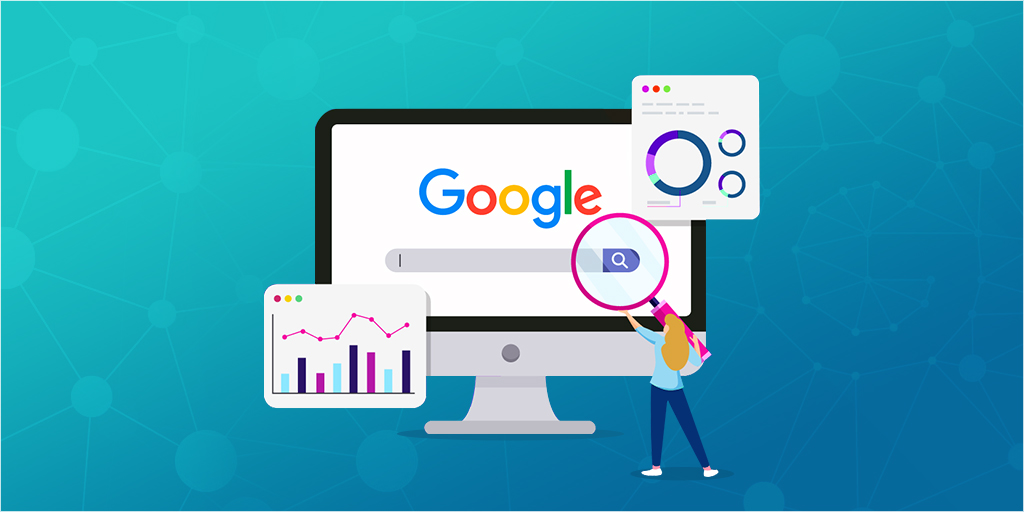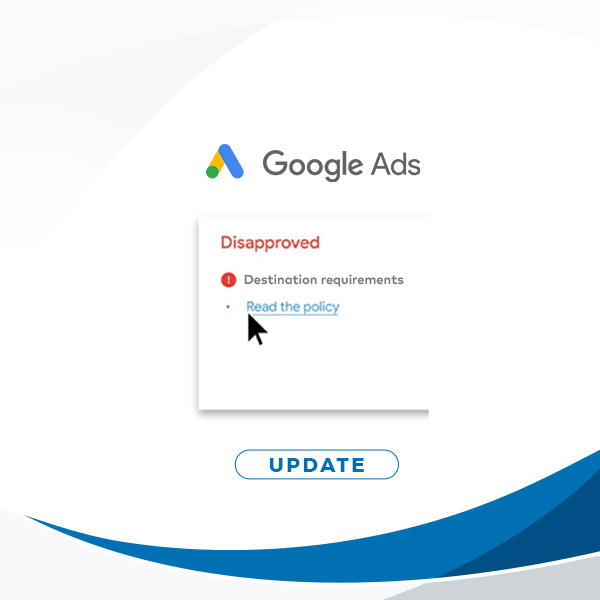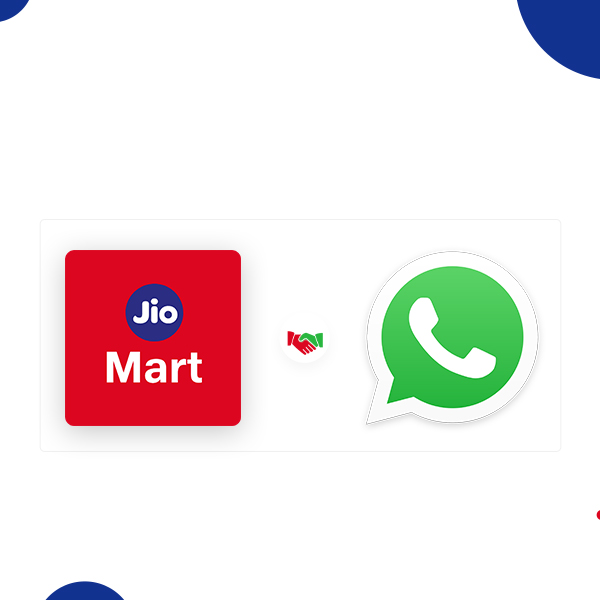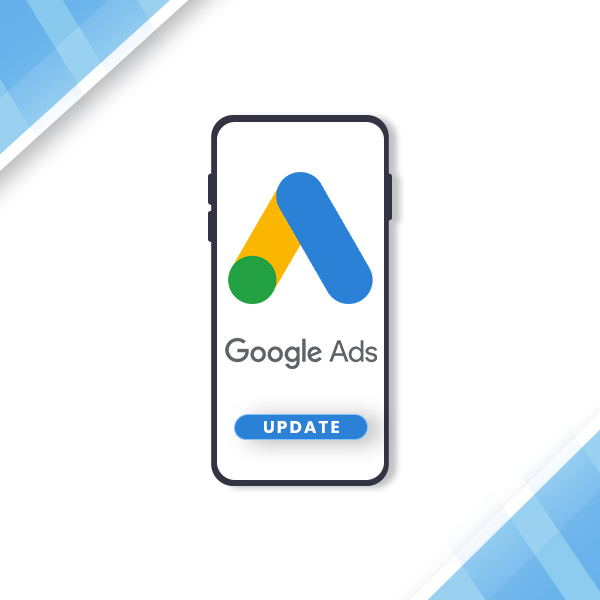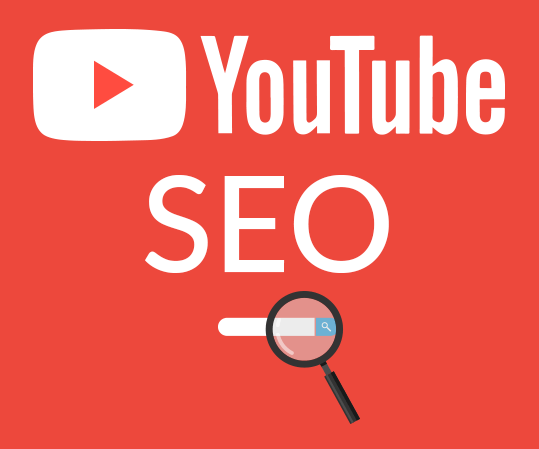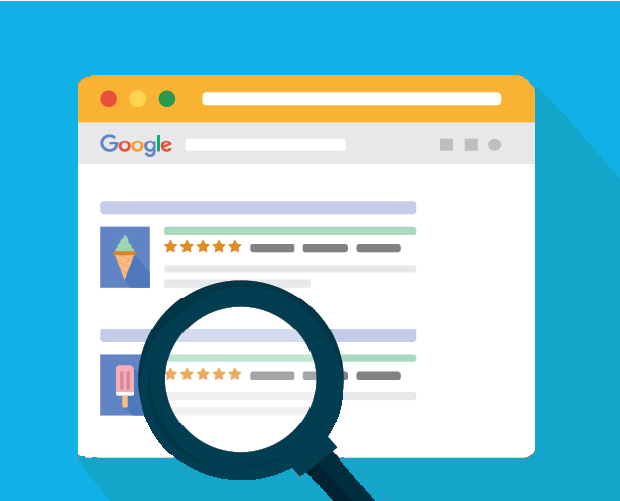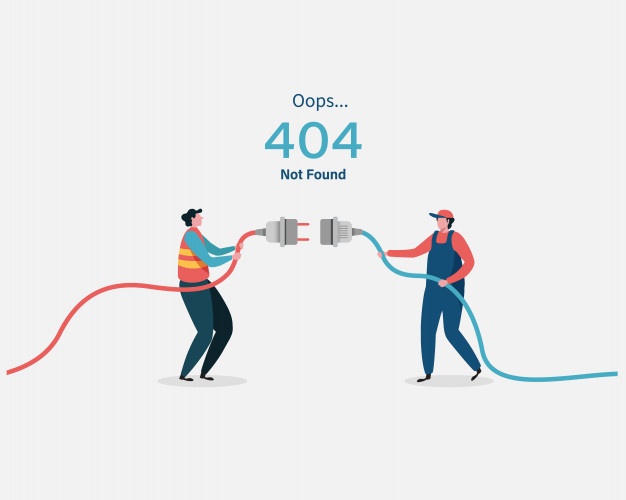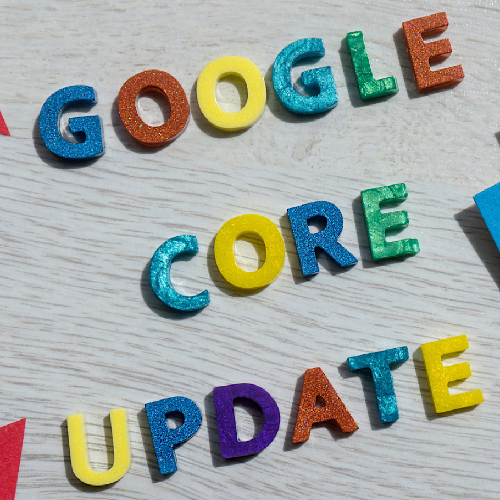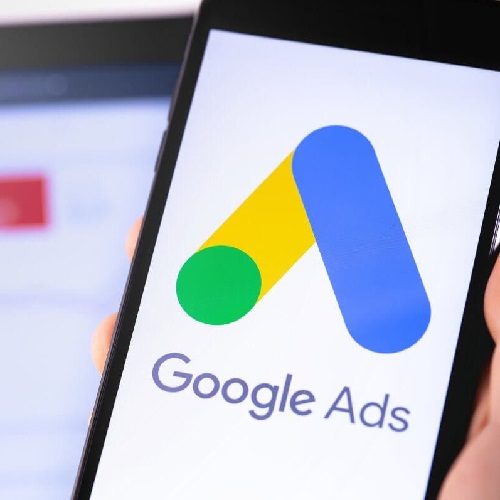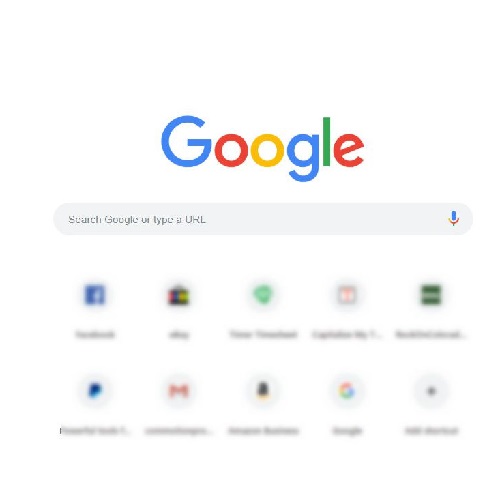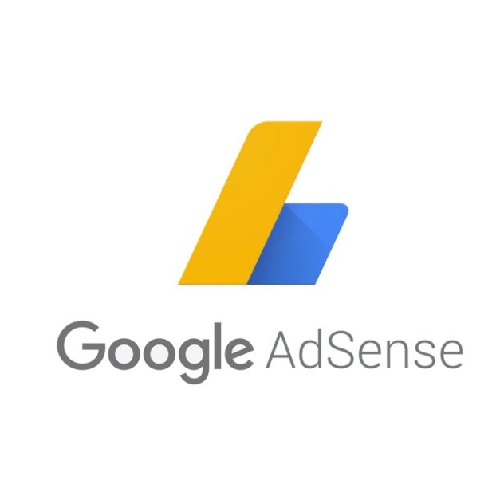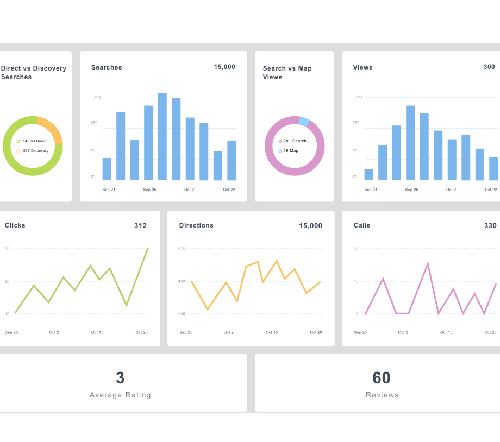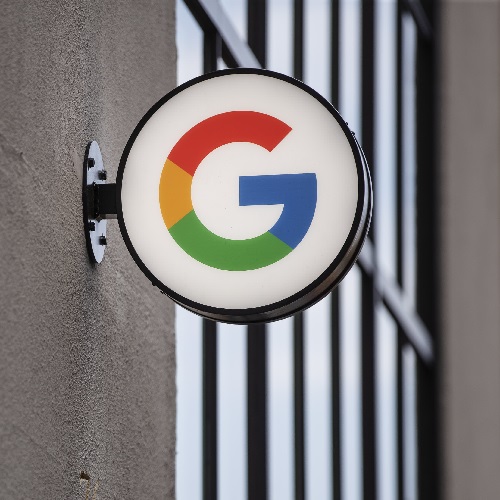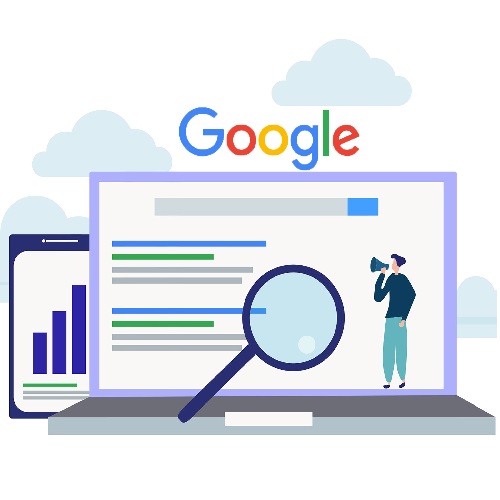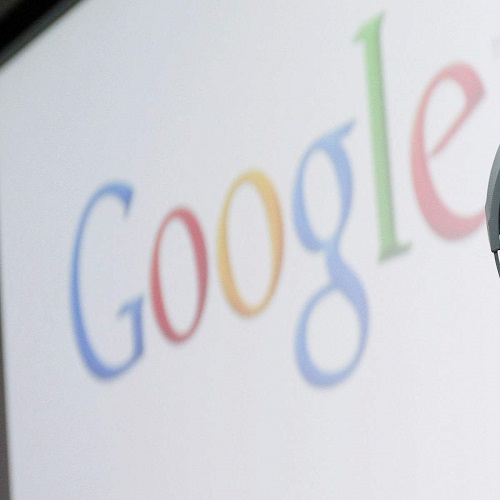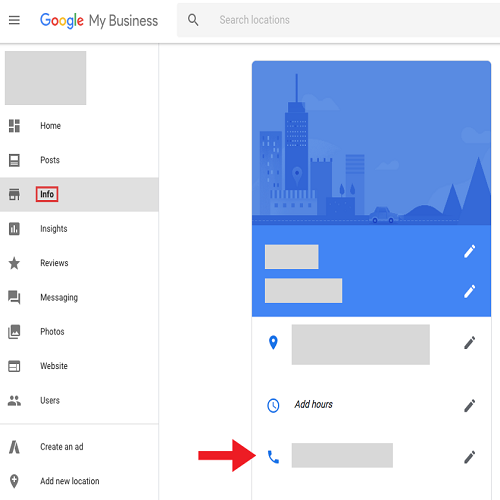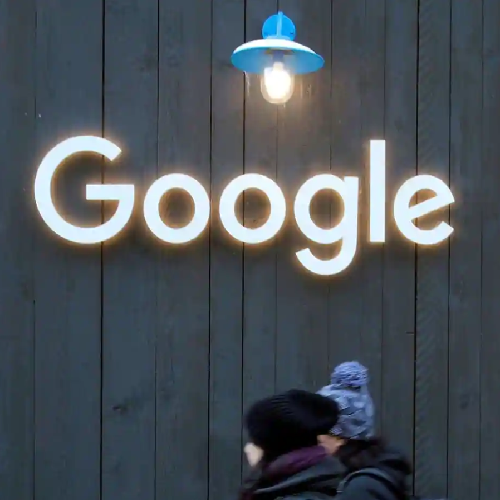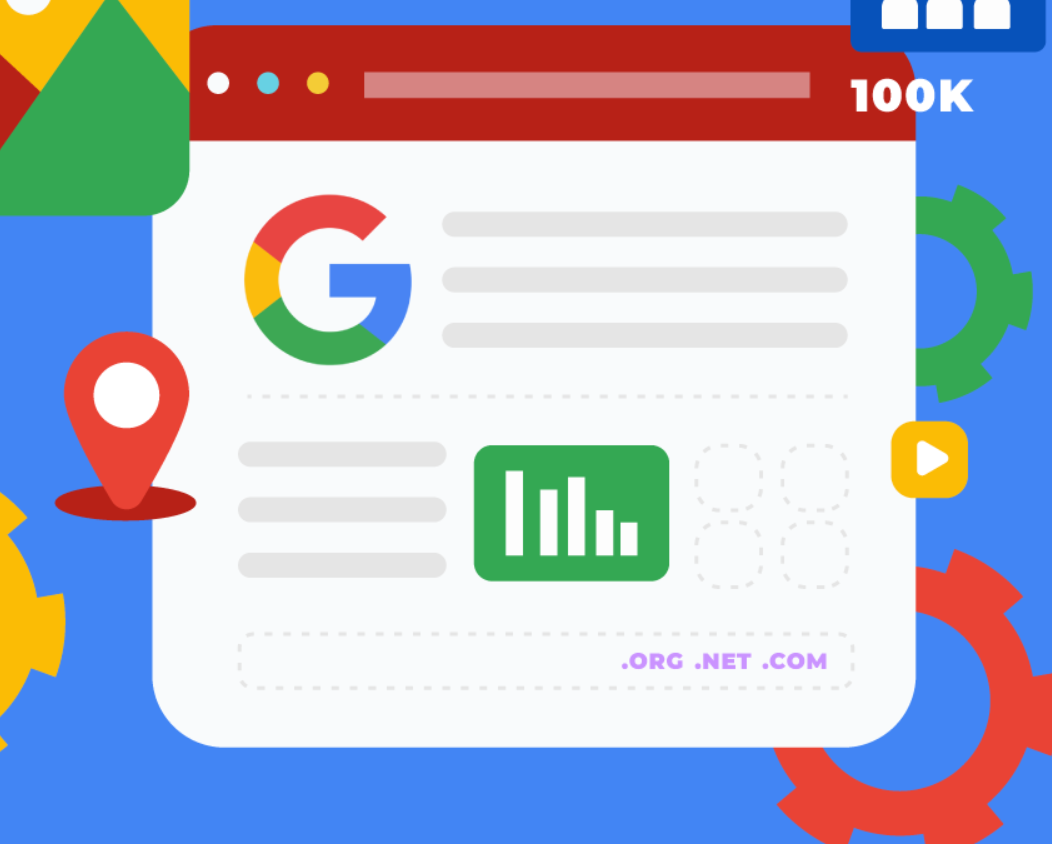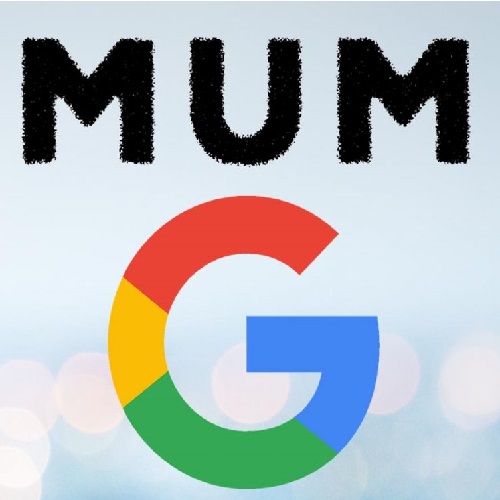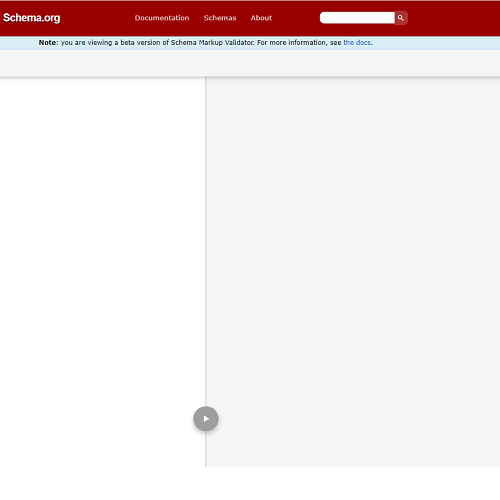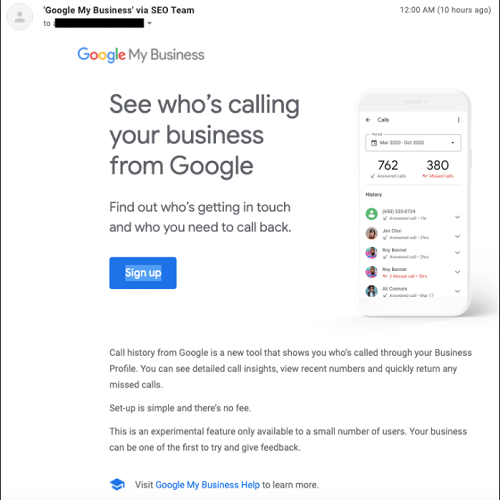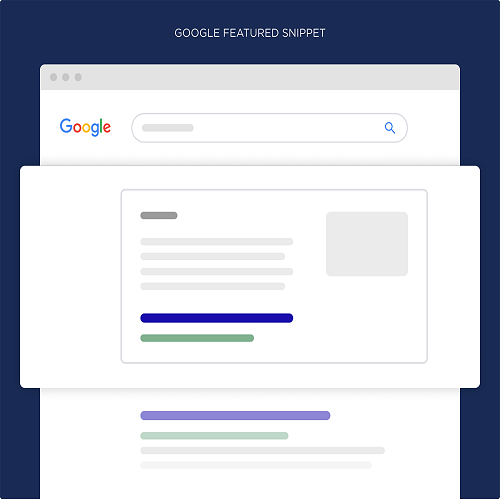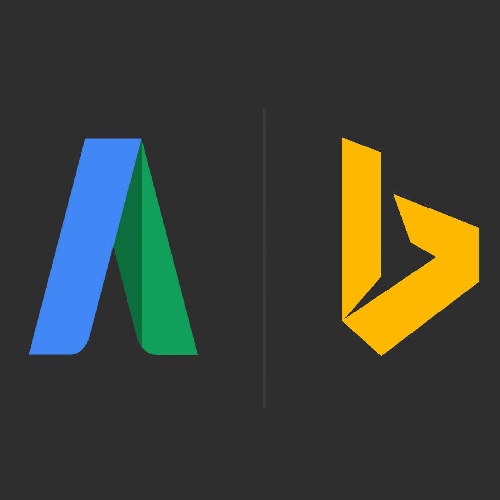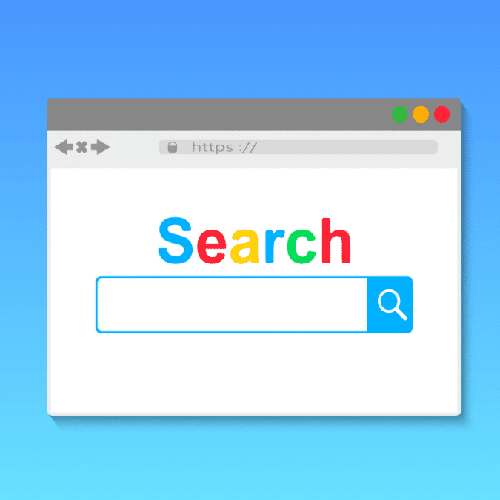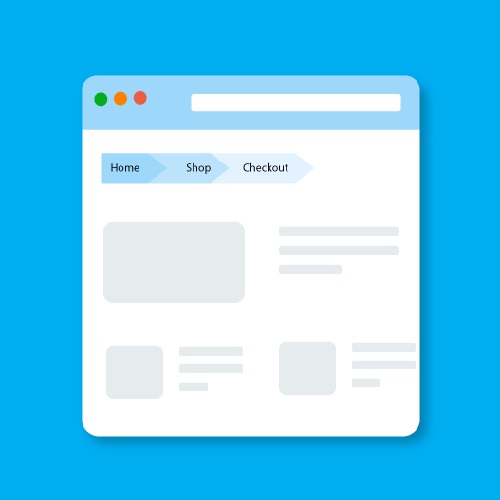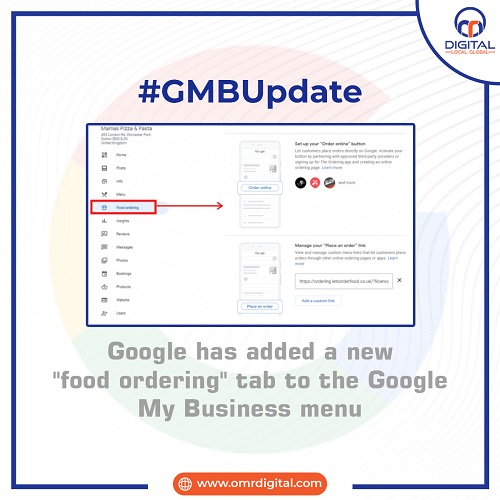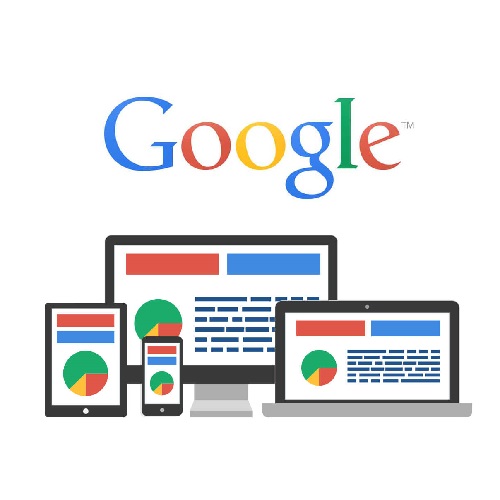Contact Us
Related Posts
Category

According to the latest Google Search Central documentation updates, Google officially updated its “Read Aloud” user agent in July 2025. This Google update is part of a larger initiative to make the web more accessible for users using text-to-speech technology via its Google Read Aloud feature.
Although this update rolled out quietly, it could have notable implications for website owners, SEO professionals, and content creators alike. So, what is this update actually about, and why does it matter for your website? Let’s find out!
More About the Update
Google’s documentation mentions that, as of July 1, they have updated the Google Read Aloud user agent in HTTP requests with newer browser versions to accommodate sites that don’t support old browser versions.
This Google update aims to make the “Read Aloud” user agent compatible with modern browsers and offer a better user experience, improving how users interact with the Read Aloud functionality and how Google Search processes web content for audio output.
The update likely involves adjustments to the user agent string to ensure compatibility and correct identification by website and server logs.
What is Google Read Aloud?
Google Read Aloud is a feature designed to enhance the accessibility of Google Search for users by converting the content on web pages into speech or audio format using advanced Google text to speech systems.
It is a “user-triggered fetcher,” meaning it activates only when a user utilizes Google’s text-to-speech functionality in products like the Google app or Google Go.
This feature helps visually impaired users, those with reading difficulties, or people who prefer audio content to consume information more easily. Google has integrated this service into its ecosystem, including Android, Chrome, and Google Assistant.
What Does This Update Matter for Websites?
For many website owners, a user agent update may seem minor, but this one carries important implications. It represents Google’s growing commitment to accessibility and machine-based content delivery.
The text to speech revolution is no longer just a feature for mobile phones or smart assistants; it’s now deeply embedded into search and browsing behavior. With this new Google update being released, you must take care of the following things:
- Websites that previously filtered or blocked requests based on the older Google-Read-Aloud user agent string may need to update their configurations to recognize the new version.
- Websites utilizing user agent-based authentication for Google Read Aloud requests should verify the IP address against Google’s list of user-triggered fetchers to avoid relying solely on the potentially forgeable user agent string.
An Important Note
The Google Read Aloud bot is an autonomous crawler like Google Bot and does not respect standard robot.txt file directives. So, if you want to prevent the Read Aloud bot from accessing your content, you must use the “nopagereadaloud meta” tag.
To prevent paywalled content from being read aloud, use structured data for subscription and paywalled content. Ensure that the “isAccessibleForFree” property is set to “False”.
Structured Data Update for Better Voice Rendering
Alongside the new user agent, Google also rolled out a subtle structured data update to improve the way content is interpreted for text to speech systems. Website owners are encouraged to enhance their content with proper headings, metadata, and schema markup to aid Google’s parsing mechanisms.
Structured data plays a key role in ensuring the right tone, pauses, and emphasis are applied when content is read aloud. For instance, tagging FAQs, how-to instructions, and article bodies using schema.org properties ensures that the Google Read Aloud system delivers a more natural and coherent audio experience.

